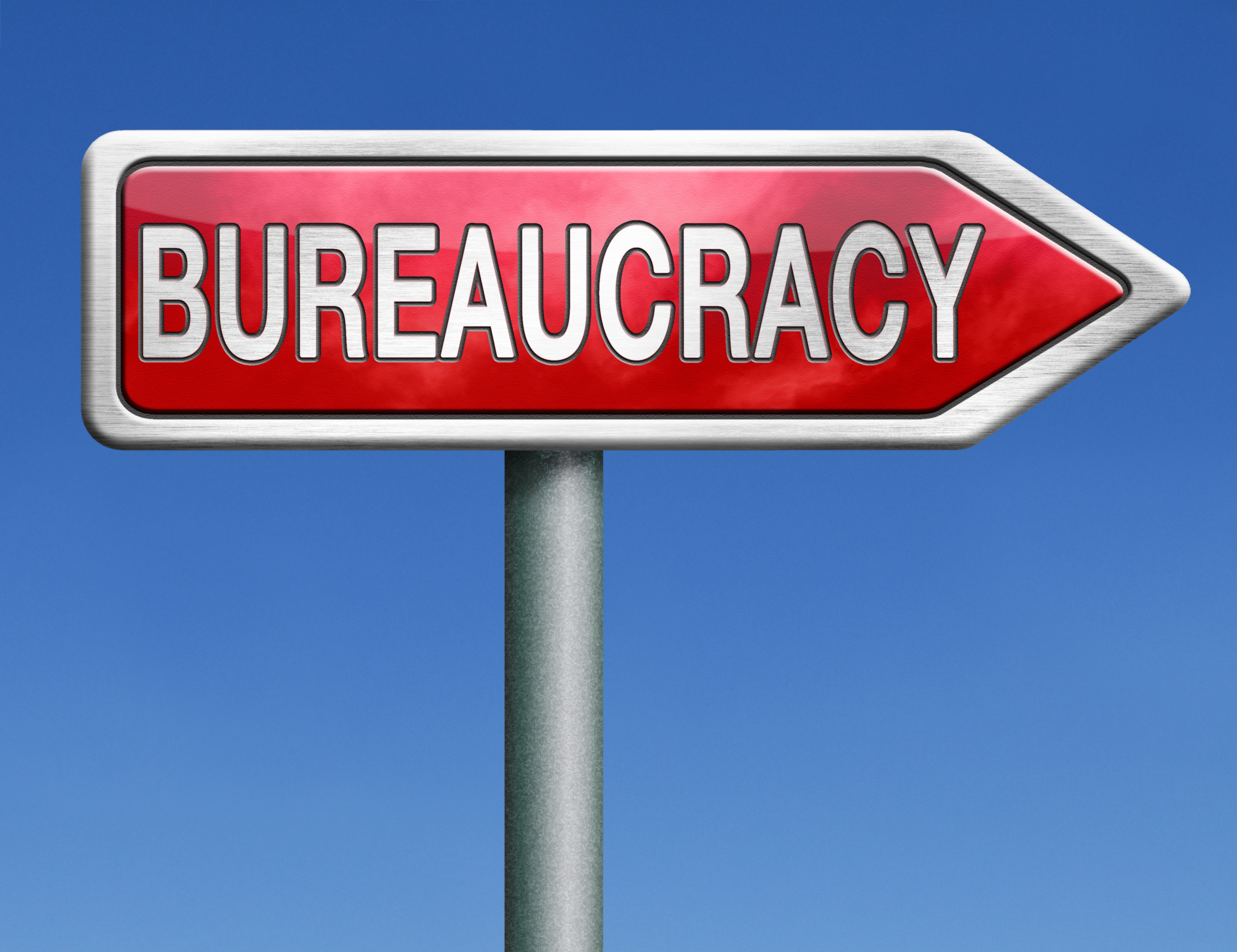Some critic’s have challenged the concept of the welfare State. While one critic calls it as the “broker’s view of the State”, the other critic thinks that it has acted as a ‘shock-absorber’ in order keep the continued survival of the unjust capitalist system. The following are some of the criticisms.
i) Undue Importance to bureaucracy:
Bureaucracy is given undue impotence in a welfare State. Expansion of the State activities results in the concentration of powers in the hands of the bureaucrats. They become very powerful and act like despots.”
ADVERTISEMENTS:
ii) Unsuitable to a poor country :
As a huge ‘amount of money is needed for welfare measures, poor countries can hardly afford it. If they borrow from rich countries, their conditions become worse as they have to pay interests. Hence some critics feel that the concept of the welfare State is an expensive one and it is not suitable to a poor country.
iii) Extravagance in expenditure:
ADVERTISEMENTS:
Some critics feel that money is spent recklessly in a welfare State. In the name of welfare measures,, government spends money on wasteful activities. Economy in expenditure is hardly followed.
iv) Lack of Individual interest:
It is opined by the critics that the welfare State |J individual incentive and creates a notion that individual depends on charity which may lead to demoralise him. The pluralists apprehend that the activities of voluntary associations may sharply decline with the vast expansion of welfare functions.
v) Marxist opposition and criticism:
ADVERTISEMENTS:
The Marxists who predict the withering away of the State condemn the welfare State as nothing but another ‘form capitalist State to exploit the working classes.
The above criticisms of the welfare State are not who] correct. The idea of the welfare State has attained marked popularity in recent times. It has proved to be more a blessing than a curse. Even backward and developing countries of the world think in terms of the welfare State.
It is rightly said that we live in an era of the welfare State. M.C. Chagla aptly observes, “It is for the welfare State to build the bridge which would enable the citizen to cross over from a state of dreading existence to a state of life which is ennobling and purposeful.”
Today, the concept the welfare State has of tremendous significance all over the world Almost every State, whether it is democratic, socialist communist, and whether it is backward, developing or develops; wishes to pursue the ideal of a welfare State.
In short, the concept of the welfare State is quite prominent in the socio-political thinking of the twentieth century. The idea is gradually gaining momentum from time to time. It is expected to be very popular in the twenty first century.
Conclusion:
Laski rightly observes, “Ever since Plato denied that justice was the rule of the stronger, men have sought to justify the State by reasons of the higher purpose it seeks to protect Hence there cannot be any final answer as regards the function of the State.
Some of the modern States have the socialistic bias The laissez faire in its pure form, has no place in modern society’ Most of the modern States tend to be welfare States.
These States follow mixed economy. In a mixed economy, there is neither complete freedom of private enterprises as in individualism nor complete ownership and control of economic life as in socialism.
There is co-existence of the public sector in a mixed economy, in other words, while some parts of economic life such as key industries are controlled by the State, individual ownership of the means of production, such as small-scale industries is also allowed to coexist.
As the mixed economy combines the elements of socialisms and capitalism, almost all welfare states adopt it.
